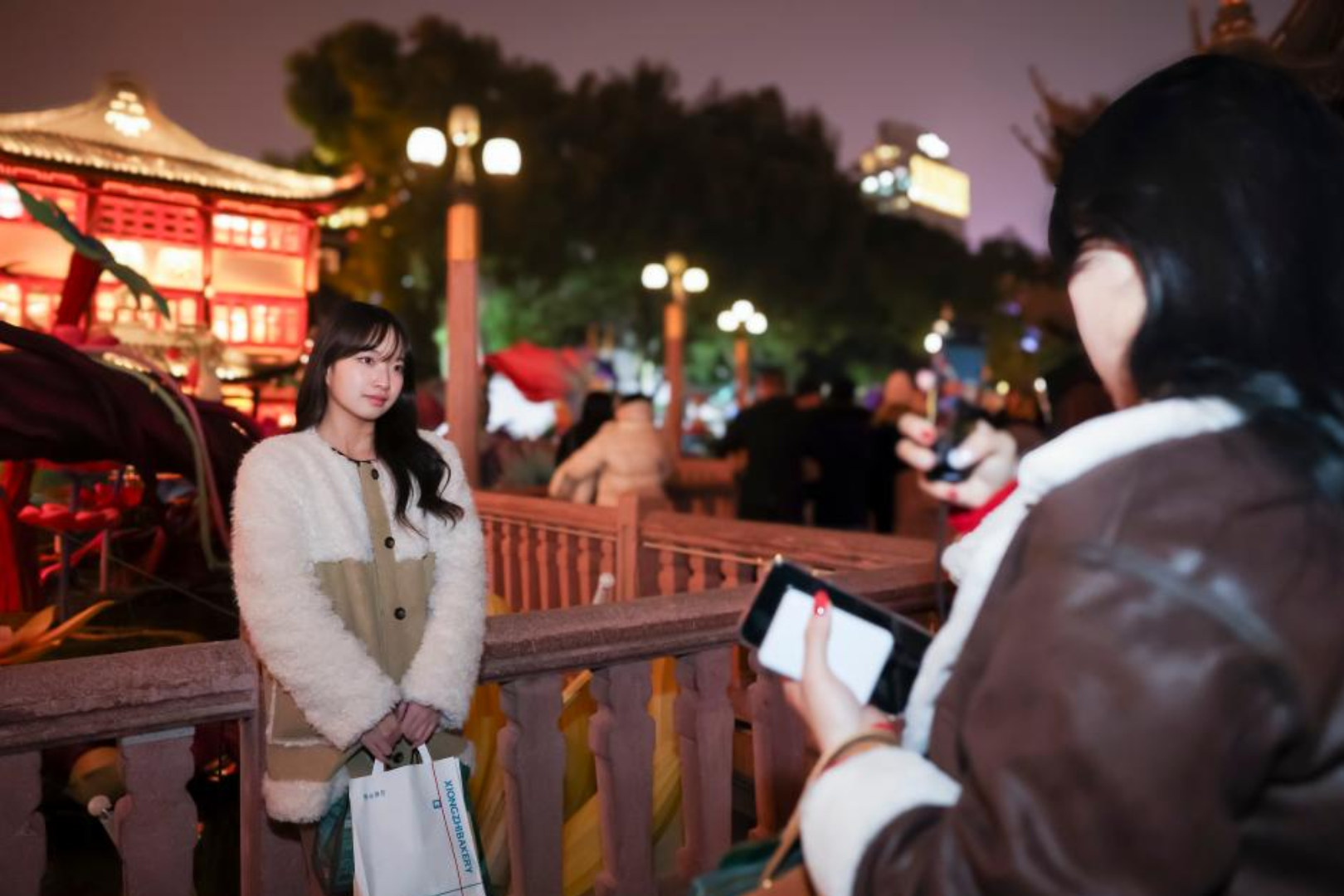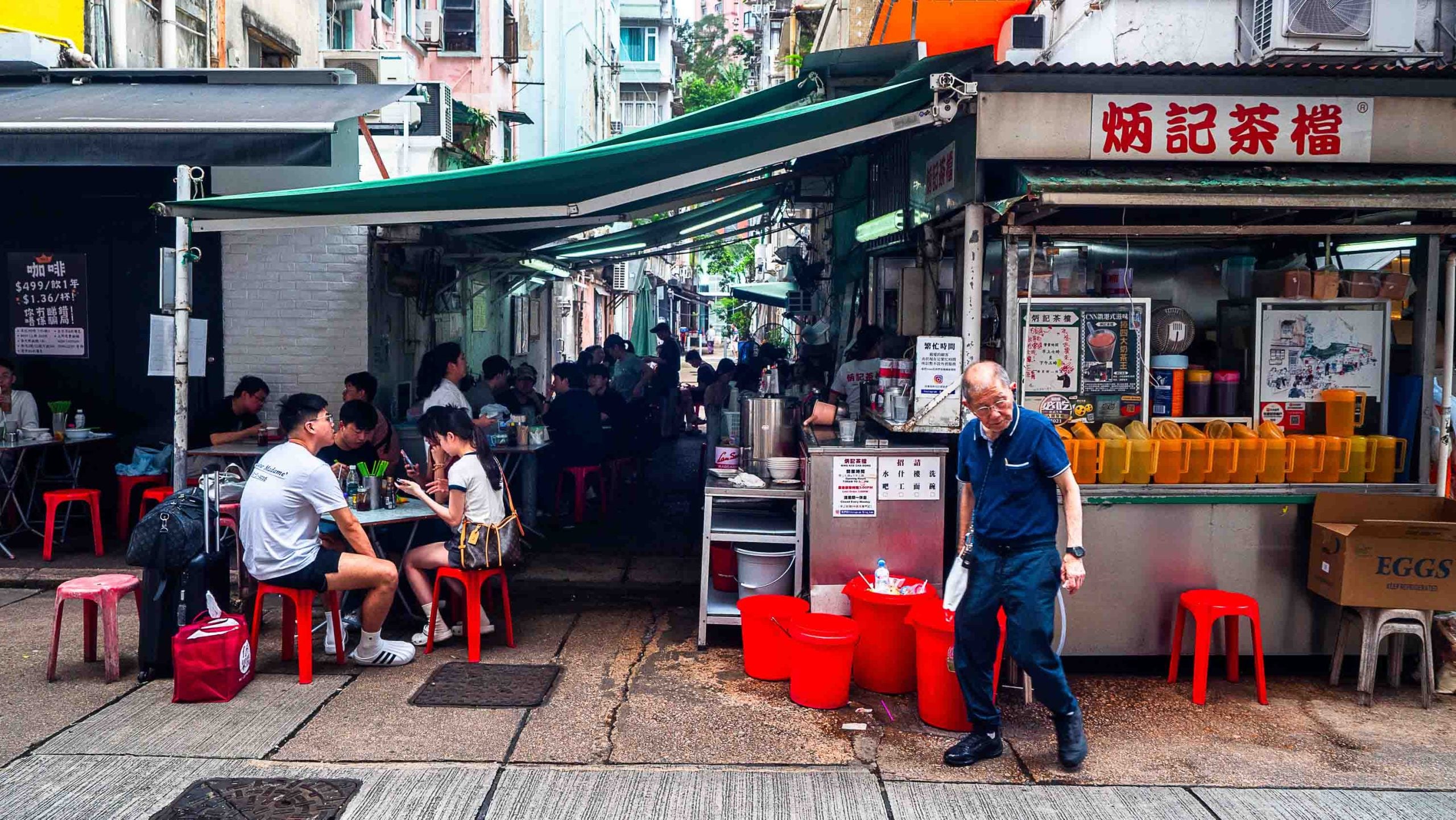A number of phone booths around Shanghai have been transformed into mini-libraries, complete with a range of reading materials, video screens, phone-charging ports and more.
Part of the city’s drive to repurpose the largely redundant structures that are still found on most street corners, the six booths that form the first stage of the initiative have been categorized into “Celebrity Booth”, “One Book Booth”, and “Bookcrossing Booth”. Each contains slightly different content, with the “Celebrity Booths” for example focusing on famous cultural figures, such as the Leftist writer Ke Ling.

Some of the booths — which (re)launched last week — feature materials to take away, notepads to leave little messages on, and an eclectic range of books including Chinese and international authors (Agatha Christie and David Guterson among them). They also have security cameras fitted inside to discourage would-be book thieves and come with USB ports, so at least you can charge your phone while you flick through an old-fangled paper book. They also come with wifi, in case you want to skip the print media bit altogether.
Shanghai isn’t the first city to try such an initiative to breath new life into booths that are fast becoming obsolete – New York architect John Locke led a similar program in the US, and this helped inspire schemes in other cities around the world including London. But this is the first such official move that we’ve heard of in China however and the Shanghai authorities apparently plan to roll it out to more than 250 phone booths, with future installations reportedly set to include e-books and tablet computers.
Whether they’ll get much use remains to be seen — a phone booth isn’t necessarily the nicest place to hang out and read a book — but at least it’s a bit more cultured than turning them all into individual karaoke booths.
You might also like:
 Watch: This Restaurant in Hangzhou Has No WaitersArticle Mar 31, 2018
Watch: This Restaurant in Hangzhou Has No WaitersArticle Mar 31, 2018
 On World Poetry Day, 3 Chinese Poets You Might Not KnowOn World Poetry Day, here are three figures whose prose makes for a good starting point if you’re planning a deep dive into the world of Chinese poetryArticle Mar 21, 2018
On World Poetry Day, 3 Chinese Poets You Might Not KnowOn World Poetry Day, here are three figures whose prose makes for a good starting point if you’re planning a deep dive into the world of Chinese poetryArticle Mar 21, 2018


















